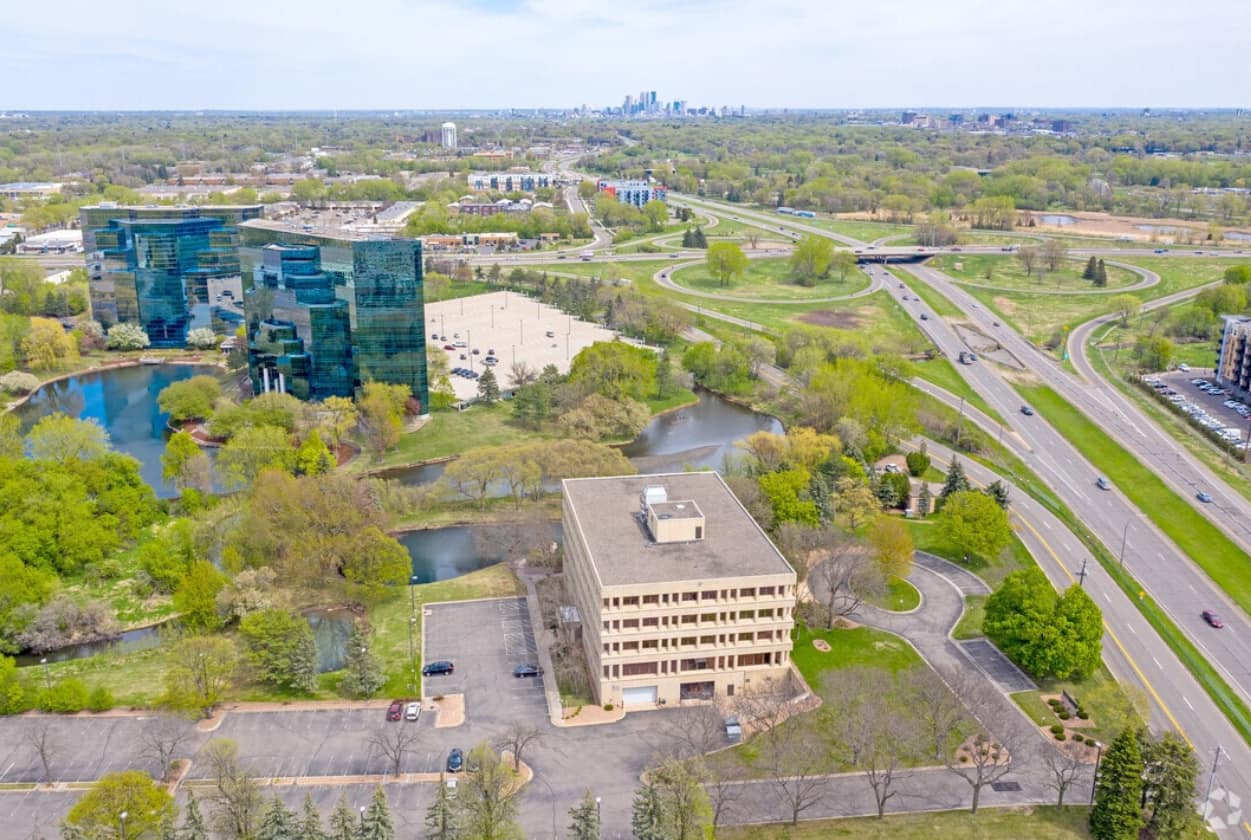
How & Where To Find The Best CRE Deals?
On-Market vs. Off-Market Properties
- On-Market: The market is studied, and a price is decided upon. Typically, a brokerage “For Sale” sign is placed in a prominent location on the property. You can find information about the property on the listing broker’s website, as well as on national databases like LoopNet and CoStar. The owner’s property will be visible to anyone searching for a home like it.
- Off-Market: The term “off-market listings” refers to homes for sale that aren’t publicized through traditional methods such as MLS databases. Some sellers want an off-market listing to keep things private, cut down on commissions, or create a sense of exclusivity in the hopes of getting a higher selling price.
How to Find the Best CRE Deals
- Create Saved Searches: To find the owner’s name, phone number, and address, you can query sites like reonomy.com and costar.com for the asset’s location details. After double-checking the information using skip tracing software, you should write and send a letter to the property’s owner. Once it has been received, make a phone call immediately after.
- Get Vacancy Statistics: It would be beneficial to gather vacancy statistics from comparable sales and leases or to make contact with vacant buildings. Check out CoStar.com and examine every building that is 50% vacant or less. Each of these addresses is a potential new customer. The asset’s potential value increases significantly after improvement and leasing.
- Relationships with Brokers: Find business brokers who also deal in selling businesses and real estate. It is in everyone’s best interest to establish a rapport with them now in anticipation of future property purchases.
- Seller-Financed Ventures: Keep an eye out for certificates of deposit or seller-financed ventures that promise to sell debt. You may figure out how likely a deal is to be resold on seller financing by searching public records for properties that have been recorded as having seller financing.
- Zoning Changes or Lawyers: Check if properties have zoning infractions or might be rezoned to accommodate the construction of lucrative new assets.
- Properties with Signs of Distress/ Legal or Environment Problems: Look for real estate that is in a bad financial situation, has legal or environmental problems, is in the bankruptcy process, or is abandoned and falling apart. Investigate property that may have been ruined by an earthquake, flood, or other natural calamities.
- Delinquent Property Taxes: Consider real estate assets that have tax liabilities. These properties can also be accessed via databases available online.
- REO Managers: REO asset managers focus on purchasing and selling properties and managing their clients’ real estate holdings. They collaborate with real estate brokers to oversee investors’ properties and guarantee an ROI. They undertake evaluations and develop marketing strategies for properties before they are put up for sale. This makes them a valuable connection for locating amazing CRE deals.
Where to Find the Best CRE Deals: Get On Brait Capital!
Favorite quote from Rafik Moore
The Demise of Big Box Retailers: Brait Capital’s Adaptive Reuse Strategy Unlocks New Opportunities
Many potential investors are deterred by the common misconception that significant upfront capital is necessary to enter the commercial real estate market.
Dealing with Functional Obsolescence in the Digital Era.
In the dynamic landscape of the 21st century, the rapid evolution of technology coupled with shifting consumer behavior presents significant challenges to traditional big box retail and office assets. This phenomenon, driven by the fast pace of innovation is leading to a widespread functional obsolescence of CRE, with profound implications for owners, investors and municipalities.
How to Invest in Commercial Real Estate With No Money: A Step-by-Step Guide
Many potential investors are deterred by the common misconception that significant upfront capital is necessary to enter the commercial real estate market.

Latest Video

Sed ut perspiciatis
Latest News
Many potential investors are deterred by the common misconception that significant upfront capital is necessary to enter the commercial real estate market.
In the dynamic landscape of the 21st century, the rapid evolution of technology coupled with shifting consumer behavior presents significant challenges to traditional big box retail and office assets. This phenomenon, driven by the fast pace of innovation is leading to a widespread functional obsolescence of CRE, with profound implications for owners, investors and municipalities.
Many potential investors are deterred by the common misconception that significant upfront capital is necessary to enter the commercial real estate market.

